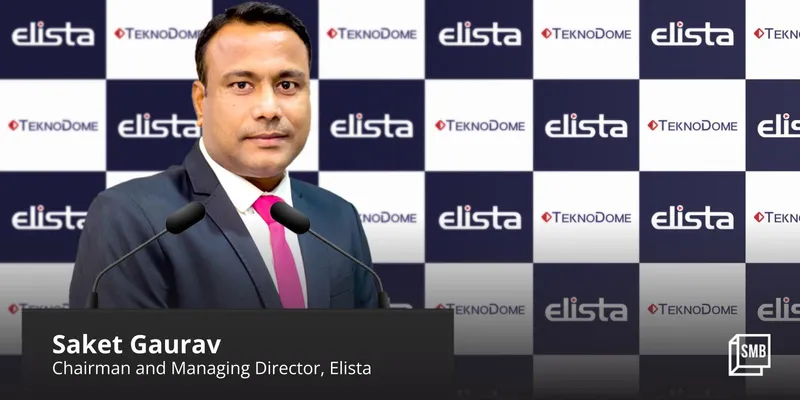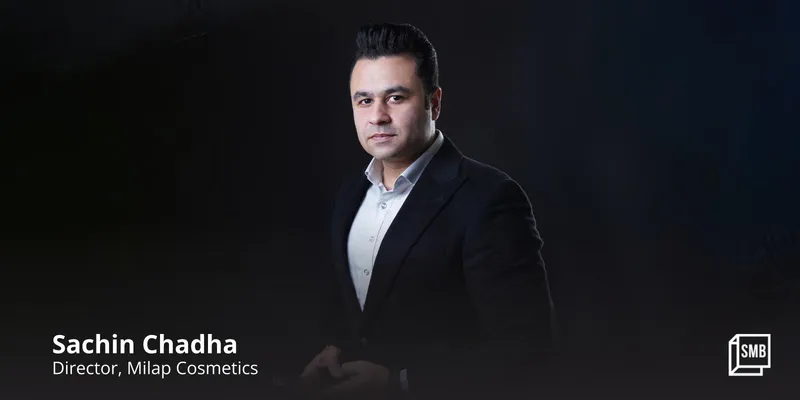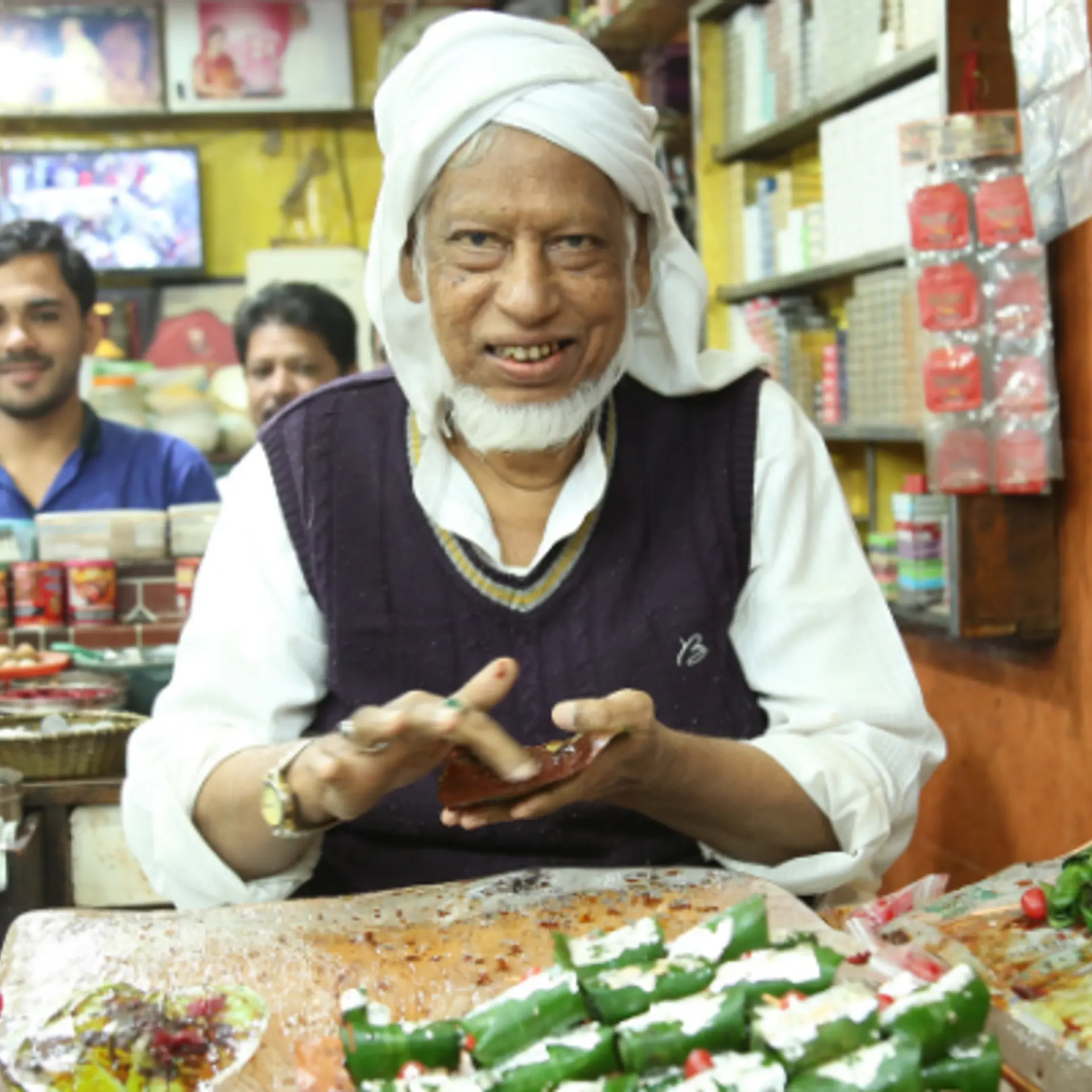Meet the Indian companies eyeing global expansion and other top SMB stories of the week
This week, SMBStory covered first-generation entrepreneurs who have set their sights on global expansion. Read about them and other top picks of the week.
The growth of SMBs in India has accelerated more home-grown businesses and boosted GDP contribution.
Small and medium businesses in India have now set their sights on global expansion, with many first-generation entrepreneurs successfully building their companies and looking to grow overseas.
SMBStory highlighted the stories of such entrepreneurs this week.
Elista

In 1999, after completing his master’s degree, 48-year-old Saket Gaurav started working at a Russian company for a while before he moved to Dubai to join another firm. Hailing from Patna, Bihar, Saket had no plans to be an entrepreneur. However, the 2007-08 financial crisis forced the company in the Middle East to shut shop.
Saket, who calls himself an ‘accidental entrepreneur’, was left with two options—looking for a new job or building his own company.
With almost nine years of experience in consumer electronics, Saket chose to do the latter and founded Dubai-headquartered TecknoDome in 2008. With very limited resources, he began trading consumer electronics, importing products from the East to sell in Central Asian and Middle Eastern countries.
Gradually, TecknoDome entered distribution, followed by retail and service. After 14 years of operations as a global distributor of leading brands, it established Noida-headquartered , a consumer electronics brand, in August 2020.
With a focus on ‘Make in India’, Elista's products include LED TVs, washing machines, dishwashers, refrigerators, coolers, mobile accessories, and speakers.
“Our idea was a bit different from other Indian brands. Our intention was not just to associate with Atmanirbhar Bharat but to bring this brand to international consumers through our already established distribution network,” Saket, Managing Director and Chairman of Elista, tells SMBStory.
Sohum Linen

The Indian hotel industry is estimated to reach a value of Rs 1,210.87 billion by 2023, according to Market Research. Room stays are a major contributor to this growth, representing approximately 53.6% of total revenue for Indian hotels. However, one aspect of the hotel experience, bed and bath linens, remains highly unorganised.
Identifying a gap in the market, brothers Rounak and Chaman Garg launched to supply bed and bath linens to hotels, specifically catering to individual property owners who lack a centralised supply chain.
The Siliguri-based company is a B2B and B2C business, which the duo started with a capital of Rs 10 lakh borrowed from their family. The brothers believe the market potential for bed and bath linens is significant despite the fragmentation of the industry.
Started in 2020, the company has since inception catered to more than 1,500 hotels pan India, experiencing 128% growth and is now eyeing global expansion.
Other top picks of the week:
Milaap Cosmetics

On one of their visits to Kolkata in the 1980s, Ravi and Vinod Kumar Chadha saw sindoor (vermilion) being sold at a wholesale market. The brothers spotted an opportunity in selling vermillion in stylish little containers—an idea that changed their fortunes for good.
The story of Delhi-based cosmetics company began when the brothers designed a box for vermillion with a small figurine of Ganesha on it. A runaway success in the 80s, this particular product still remains one of Milap’s bestsellers.
“We still use the containers designed by my father and my uncle,” Sachin Chadha, Managing Director, Milap Cosmetics, tells SMBStory.
Milap remained a wholesale brand till Keshav and Sachin Chadha, sons of Ravi Kumar Chadha, joined the family business in the early 2010s.
Since then, the company, which began as a microbusiness for vermillion, has expanded to become a small and medium cosmetics brand with a portfolio that includes kajal, eyeliner, lipstick, mascara, and hair colours, among other products. It also sells small plastic items such as hair colour brushes and razors.
Milap, which is available at 20,000 retail stores across 19 states, focusses mainly on Tier II and III cities.
Edited by Teja Lele







